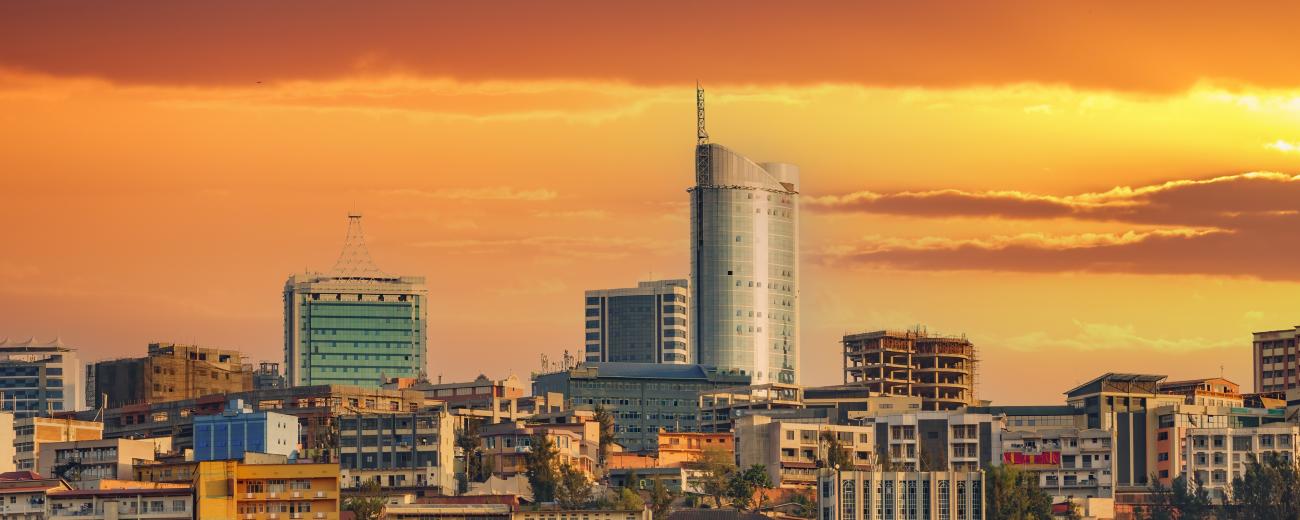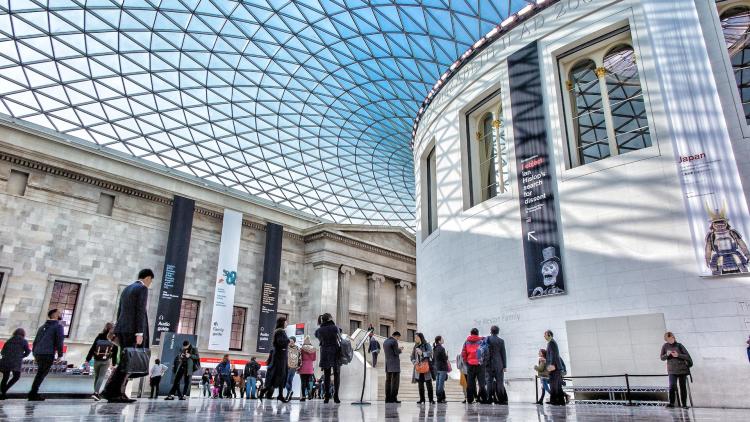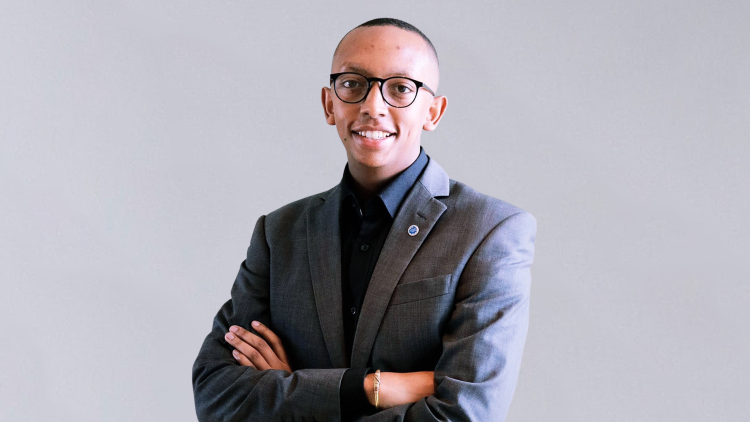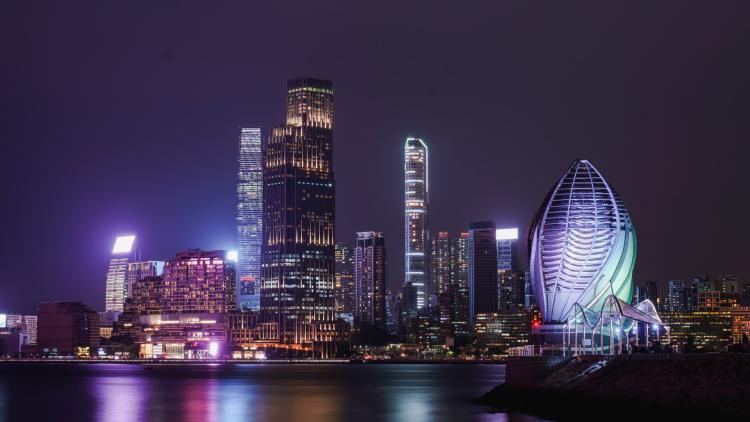Careers: My hopes for the future? To see the transformation of Rwanda in my generation


Isaac Rugamba Rutagwenda graduated from SOAS with an MSc in Public Policy, Finance and Management in 2020 and is now a Resource Mobilization Manager at the Development Bank of Rwanda. We asked Isaac about his impressive career, his time at SOAS and his hopes for the future.
Can you give a brief overview of your current role and what you do on a day-to-day basis?
I am currently the Resource Mobilization and Product Development Manager at the Development Bank of Rwanda. Our shareholders are the government, and we support them in implementing their development agenda by financing companies, businesses and projects aligned with those goals.
I source funding for the bank to either on-lend to our clients or directly lend to businesses within our portfolio. On a day-to-day basis, we engage with our existing lenders and explore potential partnerships to develop solutions and products to meet the needs of businesses in Rwanda.
It sounds like a very fulfilling role. How did you learn about this field, and what kind made you want to go into it?
I've always been passionate about the development of the Global South in general and Rwanda in particular. Early on in my career, I took a keen interest in The East Asian Tigers and their development. In countries like Singapore, South Korea, Malaysia, Taiwan, where, in essentially one generation, they have been able to transform their economies from very low-income and subsistence economies to some of the fastest developing countries.
I was always excited by the prospect that it was possible. Rwanda has had a tragic past and history, where nearly 30 years ago, the country was devastated by a genocide. Since then, the country has been rebuilding. I've always seen parallels in terms of Rwanda’s development journey and the journey of some of these countries in the Global South, so that's how I found myself in this in this field of development and finance.
How did you hear about SOAS, and what led you there?
I began my career at the Ministry of Finance before I decided to take a career break and pursue further studies. I wanted to refocus and ask myself, am I fulfilling my purpose?
At SOAS, I was able to have that kind of realignment. I knew I wanted to move from a role purely focused on policy to one on implementation. I also wanted to study what would be relevant to my country's context - and for me, SOAS was the perfect fit. SOAS is an institution that gives a global perspective and a voice to the Global South. This runs through all the material you engage with, the lectures and the tutorials. That was a key factor in deciding where I wanted to pursue my Master's.
During my time studying MSc in Public Policy, Finance and Management, we had a class of about 15 people of around 12 nationalities. In our exchanges, we were able to give perspectives from our own countries, and there was a lot of richness of diversity that allowed you to shape your own. For me, that was very important, and I'm glad I was able to get that at SOAS.
What do you think the main lessons you learned at SOAS are that help you in your role now?
The main lesson I took away was that there is no one-size-fits-all for development. It must be adapted to each context and each reality. One of our lecturers, Ben Hardy, used to tell us that if there are many ways of doing something, it means that there is no best way of doing it. You can borrow successes and lessons learnt from different perspectives but must then adapt that to your context.
It was made clear from the start that there is no prescriptive magic pill that we're going to get from SOAS. Instead, we learnt the ability to widen your scope, to gather different perspectives that can guide your own reading of any complex situation that you would like to contribute to or to solve. A lot of times, we would get questions in tutorials that essentially had no correct answer, and we were told to focus on our approach. Can you convince policymakers? Can you convince organisations to solve a problem the way you see it?
We tackled issues around climate change, around inflation, and these are issues that are very pronounced right now. Our institution, the Development Bank of Rwanda, is positioning itself as a leader in climate finance in Rwanda. I'm able to borrow from what I picked up at SOAS to make sure the development we're pursuing is done in a sustainable manner for future generations.
What piece of advice would you give to someone looking to get into your field of work?
I would say to keep an open mind because you could find yourself working in jobs or sectors that haven’t been created yet. Rwanda has companies that deliver medicine by drones, have digitized all government services that were previously paper-based. And this is something that even ten years ago was probably unimaginable.
I think it's an exciting time and to be young and to be living in the developing world because you know the future is ours, and it's up to us to skill ourselves in areas like AI and coding. I would advise not to box yourself in and to be open-minded to upskill because there is a future of endless possibilities.
What are your career hopes for the future?
To see the transformation of Rwanda in my generation. I know it's possible, it's not easy, but it's possible because it's been done in other similar markets.
It is a role I am excited to continue playing to see how I can help transform this economy in a single generation. But we must do so sustainably because it would be unfortunate if the gains in all this development are undone by not being mindful of the environment, so that is my long-term aspiration.


